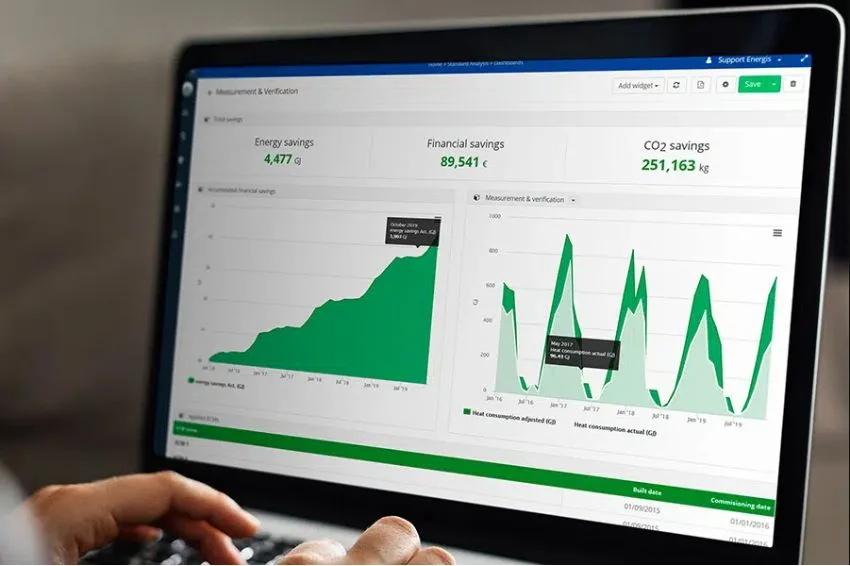In collaboration with Clarice Coutinho*
Decision handed down on March 15th in the court of the 2nd Public Finance Court and local authorities of Belo Horizonte suspended, on a provisional basis, the charge relating to the use of the distribution system – MUSD, affecting “the “CUSD (Contract for the Use of the Distribution System) relating to mini-generator units that are not yet connected to the local distribution system.
The distributed mini-generators came together in a single legal action and their installations will be connected to the local distribution system with a view to joining the electrical energy compensation system in the DG (distributed generation) modality.
The connection procedures for mini-generator units are regulated by ANEEL (National Electric Energy Agency) and outlined through the respective Access Opinions/Prior Budgets issued by local distributors, at which time budgets are prepared and the technical and commercial conditions for execution of the works necessary to connect the mini-generating units to the local distribution system.
By signing the access reports, mini-generators can decide that the connection works are carried out by the local distributors themselves or choose to carry out the works in the PART modality, where the accessors themselves hire contractors accredited and qualified by the local distributors to carry out works in the electrical distribution system.
During the connection processes, local distributors and accessors must agree on the respective CUSDs (Distribution System Use Contracts) with a view to defining, among other points, the corresponding start dates for the provision of electricity distribution services. – opportunities where mini-generator units are expected to be effectively connected to the local distribution system.
The issue submitted for deliberation by the court of the 2nd Public Finance Court and local authorities consists of the charging, by a certain local distributor, of the amount of use previously adjusted relative to the CUSD agreed with the distributed mini-generator, despite the respective mini-generator unit not being connected to the local distribution network, highlighting that, commonly, the completion of connection works is not possible for reasons beyond the interference and control of accessors.
The thesis: the absence of provision of public electricity distribution services
One of the arguments put forward by LTSC Advogados is that the charges for demands relating to CUSDs, prior to the completion of the respective connections, appear to be contrary to sectoral regulation and the duties of distribution concessionaires as providers of a federal public service.
This is because, in compliance with the sectoral regulations, there is an express prohibition on charging for services not provided, and the provisions contained in ANEEL Normative Resolution No. 1,000/2021 and Federal Law No. 14,300/2022 must be fully observed in order to ensure free access to the electrical energy distribution system recommended by § 6 of art. 15 of Law No. 9,074/1995 to accessors, as in the case of distributed mini-generators.
When justifying the decision that suspended the collection of the demand contracted prior to the connection of the generation project, it is noted that the court held that:
“it is not initially envisaged that the MUSD payment consists of consideration for the availability of the distribution system. In principle, it corresponds to the consideration for the use, in itself, of the system”.
“Thus, in an initial analysis of this procedural moment, it is clear that the collection could only begin with the effective use of the distribution system, which is only possible after the UFVs are connected.”
Furthermore, in compliance with the provisions of art. 175 of the CF, in art. 6 of Law No. 8,987/1995, Law No. 10,438/2002 and Concession Contracts, it is clear that the obligation to meet supply requests is a central part of the purpose of the concession of public electricity distribution services.
In this sense, even though ANEEL Normative Resolution No. 1,000/2021 provides for alternative ways to fulfill this obligation, placed at the choice of accessors, such as (i) the execution of the work by local distributors, (ii) the cost advance of the works, or (iii) the direct execution of the works by the accessors themselves, do not distort the original obligation, which continues to belong to the distribution concessionaires.
Thus, even when the accessors directly carry out the works, it is the duty of the local distributors to collaborate to make service to the accessors viable, which are – simply – operationalizing the obligation to provide the electricity distribution service, which, unquestionably, does not leave to be owned by local distributors.
Conclusion
Having made these considerations, for Lawyer Clarice Coutinho, it has been demonstrated that, to integrate the electrical energy compensation system and pay contracted demand, the mini-generator unit must be connected to the local concessionaire's distribution system, which did not occur in the case considered by the referred to, therefore, highlighting the manifest illegitimacy of charging for services not provided.
* Clarice Coutinho is a lawyer and founding partner of LTSC Sociedade de Advogados. Postgraduate in Business Law from Faculdade Milton Campos/MG (2014). MBA in Electricity Sector Management from Fundação Getúlio Vargas (2018). Graduated in Law from Newton Paiva (2013). Member of the Energy Law and Distributed Generation Law Commissions of the OAB/MG. Member of the OAB/SP Energy Law Commission. Member of the Energy Chamber of the Federation of Industries of the State of Minas Gerais.
The opinions and information expressed are the sole responsibility of the author and do not necessarily represent the official position of Canal Solar.
















